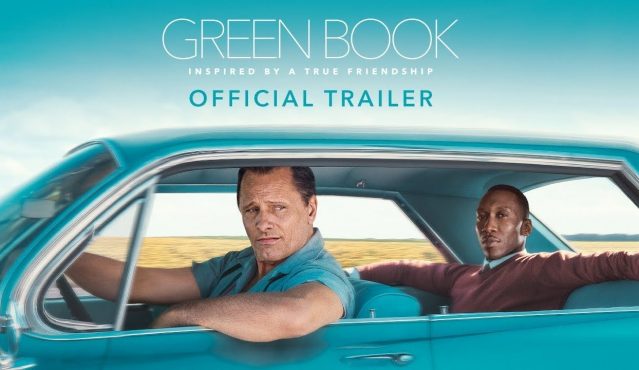“In almost every act of our daily lives, whether in the sphere of politics or business, in our social conduct or our ethical thinking, we are dominated by the relatively small number of persons … who understand the mental processes and social patterns of the masses. It is they who pull the wires which control the public mind.”
No, that’s not a quote from a conspiracy theorist. Nor does its vaguely sinister overtone belong to someone like Josef Goebbels, Hitler’s vile minister of propaganda. Ironically, it’s a quote from Edward Bernays, the brilliant 20th-century American credited as the father of public relations, a man who worked for governments, businesses and the television industry.
I’m quoting Bernays because his famous line from 1928 is missing a modern critical sphere: entertainment in general and Hollywood in particular. When Bernays made that statement, Hollywood was in its infancy. And yet, that decade is when the Hollywood machine began stereotyping Americans of Italian descent in two major ways: either as gangsters (Tony Camonte in “Scarface”) or as buffoons (Chico Marx’s bumbling immigrant in the Marx Brothers comedies).
I thought of Bernays’ statement as it currently illustrates how “a relatively small number of persons” (i.e., Hollywood) can “pull the wires of the public mind” (that is, conditioning people to accept an image as the “norm”). Nowhere is this more apparent than in the film, “The Green Book,” honored by the Academy of Motion Picture Arts and Sciences as the Best Film of 2018. (The film is currently available on Netflix.)
Despite widespread complaints about its simplistic approach to race relations, no one in America — be they film critic, op-ed writer, audience member or filmmaker — mentioned one of the most astonishing aspects of the film: its portrayal of an Italian-American character as uncouth, mob-connected, violent and casually racist. It is an image that has been honed over the course of 80 years — Yes, I repeat, 80 years — and no one gave a damn.
But, Hollywood will say, “Tony Lip,” a thuggish bouncer from the Bronx, is ultimately a positive character, a man whose brutish exterior belies the love and respect he comes to feel for Don Shirley, the African-American pianist he is tasked with protecting during a tour of the Jim Crow South. This is, of course, the exact same defense of caricatures from previous decades. Charlie Chan ultimately solved the mystery—he was smart! Native Americans shot arrows of fire at John Wayne, but they were fierce and noble warriors.
To show the “real life” vs. “reel life” divide, it’s interesting to view the same time period in which “The Green Book” is set, 1963, when Italian Americans were, indeed, forging positive bonds with African Americans.
Back then, music producer Cosimo Matassa was working with Fats Domino, Little Richard and Ray Charles to forge the “New Orleans sound,” and Frank Sinatra was using his celebrity clout to break down racial barriers, both in education and in pop music. Meanwhile, Judge Anthony Celebrezze of Ohio became President John Kennedy’s and then LBJ’s point man for the war on poverty; Massachusetts Governor John Volpe signed legislation outlawing discrimination against black students in education; Tony Bennett marched with Dr. Martin Luther King in Selma, Alabama; and trainer Angelo Dundee forged his great personal and professional relationship with heavyweight boxing champ Muhammad Ali.
And to show that Italian-American efforts against racism transcended the black-and-white divide, Robert Belloni, a federal judge in Washington state, ruled in favor of Native American fishing rights in the Pacific Northwest.
For those of us who care about the struggles of our ancestors and their history in America, all we want is what every other racial, religious and ethnic group has: a dignified media image. In sum: No more “Lip” service!
The above appears in the November 2019 issue of the print version of Fra Noi. Our gorgeous, monthly magazine contains a veritable feast of news and views, profiles and features, entertainment and culture. To subscribe, click here.
 Fra Noi Embrace Your Inner Italian
Fra Noi Embrace Your Inner Italian







